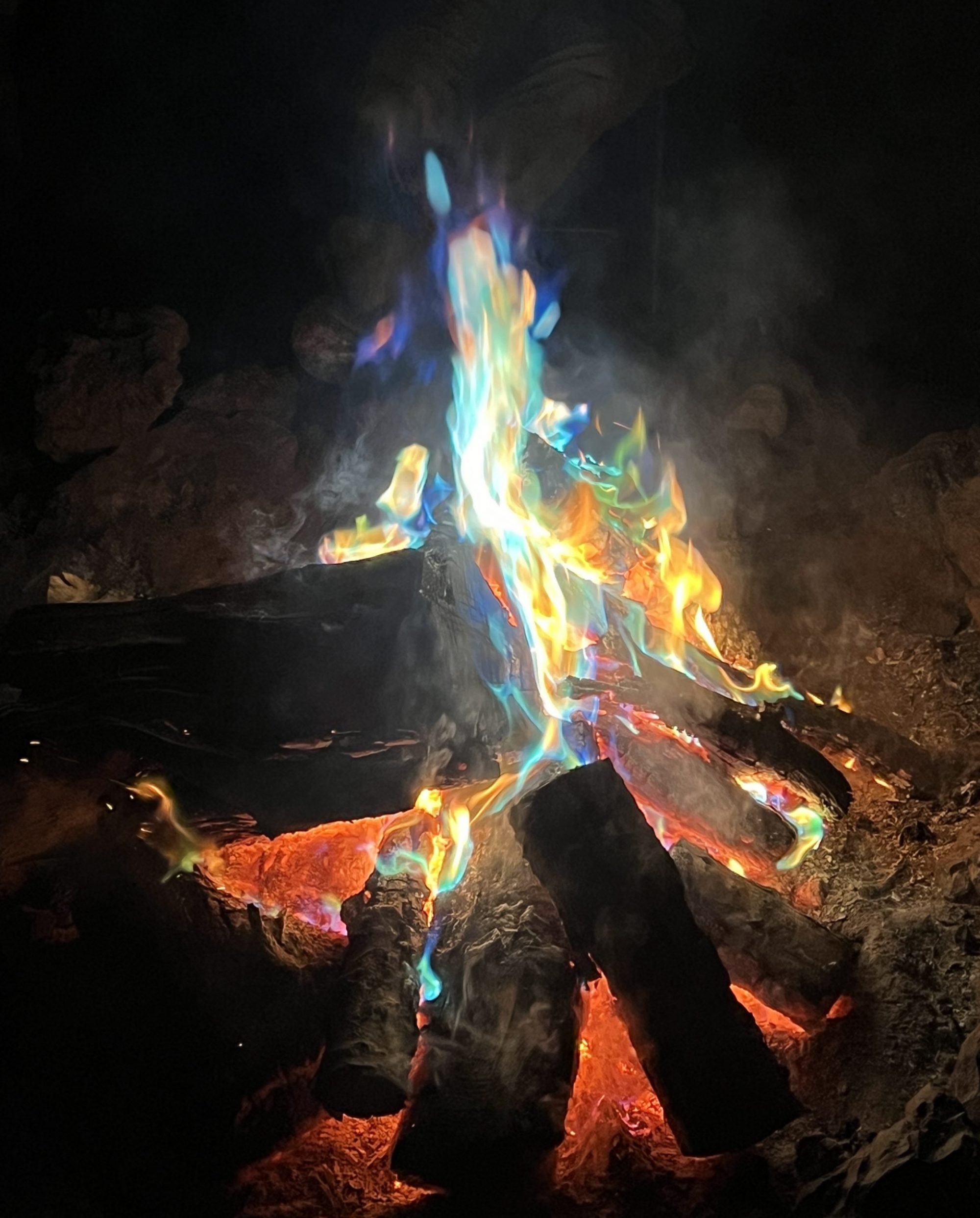For all you Jews out there, I hope you enjoyed your Chinese restaurant dining experience. It’s amazing how a tradition like that comes about. If in 100 years from now our decedents are gathered in ritual around a big plate of General Tso’s chicken, we’ll know we’ve successfully left our mark on the cloth of Jewish culture and children will wonder “who was General Tso and why is he so important at this time of year?” just as they now wonder “why do we light candles and who’s Judah Maccabee?”.
Unlike other holidays that were woven into the Torah from more ancient roots, Hanukkah is post-Torah, a minor holiday, but one that has grown in significance as the time when Jews around the world gather with family during the “holiday season”. Candles are lit and the prayer is said to honor the Jews who, when given the option of conversion or death, decided that their worldview was worth preserving and so fought back. I respect the ancestors for fighting for their political autonomy and self-determination. There are many cultures alive today that are fighting for that very same thing. Ones that come to mind immediately are the Secwepemc peoples of southern-central BC, the Tibetans and the Palestinians.
The legend of the oil, how it burned for eight days instead of one, after the eternal flame of the temple was relit upon reclamation, was added to the Talmud long after the original account had been transcribed in the Book of the Maccabees. Regardless of the truthiness behind the miracle, I think oil, and fat overall, is a miracle food and should be celebrated, not shunned. Fat-phobia has gone too far!
By the eighth night you’ll not only have my recipe for latkes but you’ll stop counting calories and start eating fats with confidence and context!
Have you ever wondered what roles fats play in the body?
Fats are lipids, along with oils, beta carotene and other plant pigments, Vitamin E, wax and cholesterol. For the sake of explaining the science, I’m glomming fats and oils together because the only difference is their melting points.
Our body craves and creates fat for many reasons. For one, it’s essential to a life as stored energy in unpredictable environments, like when fascists take over. Our ancestors lived in times of feast and famine, so we evolved to survive in the lean times. Long term stress, chemically showing up in our body as cortisol, triggers our body to store fat as quickly as possible. Fat’s an amazingly efficient mechanism for energy storage. If your body only stored energy in the form of glycogen (the carbohydrate version) or muscle tissue, you’d have to put on twice the pounds to store the same amount of energy.
For another, it’s essential to life in the form of fatty acids – most that our body can make, and a few that it can’t. I hate to be the one to tell you, but the stomach doesn’t break down fat, it’s the liver and pancreas that do the heavy lifting. Aside from creating fat from excess starches, sugars and proteins and then sending those fat molecules off to be stored for the lean times in places like just below the skin, the liver also breaks down the fat we eat into fatty acids with the help of pancreatic juices, and these fatty acids play a multitude of important roles in the body like creating cell membranes (ours are made of lipids unlike plant walls that are made of cellulose – a starch, and fungi walls that are made of polysaccharides – another starch). Additionally, fatty acids act as messengers in our body’s “comms unit” (the endocrine system) and guide dogs for blind proteins, making sure they get to their destination.
There are at least two essential fatty acids, essential because our body can’t make them, and to keep things simple, we’ll discuss the main ones: Omega 3’s and Omega 6’s. Often they get labeled as “good fats” and others get labeled as “bad fats”. This is a bit of an oversimplification, and I’ll explain why tomorrow.
Sources
McGee, Harold. On Food and Cooking. Scribner, 2004.
https://publications.nigms.nih.gov/insidelifescience/fats_do.html
https://www.med.upenn.edu/biocbiop/faculty/vanderkooi/chap7-9.pdf
http:// www.slideshare.net/vicky14381/functions-of-fatty-acids
http://www.reformjudaism.org/hanukkah-history
